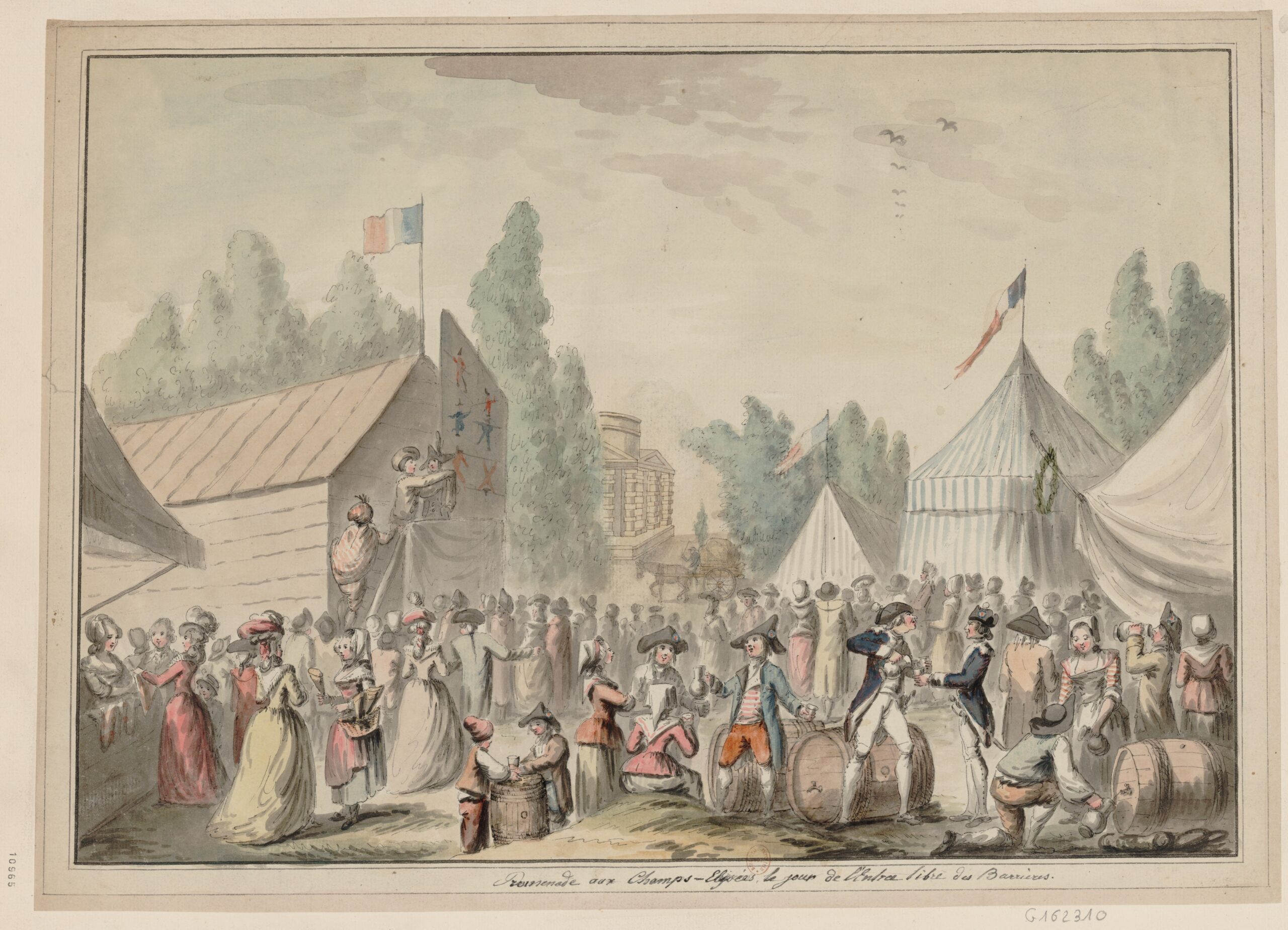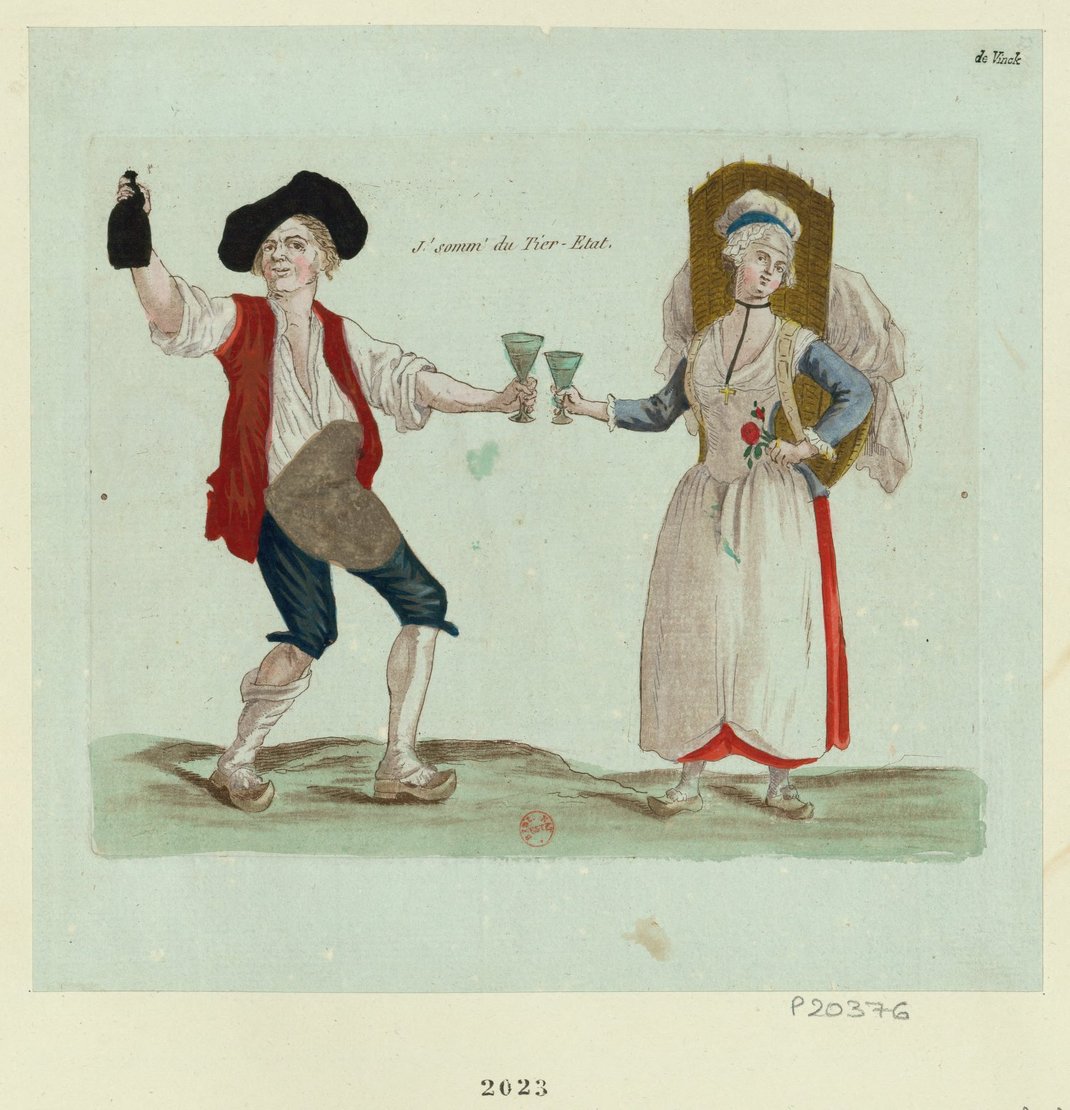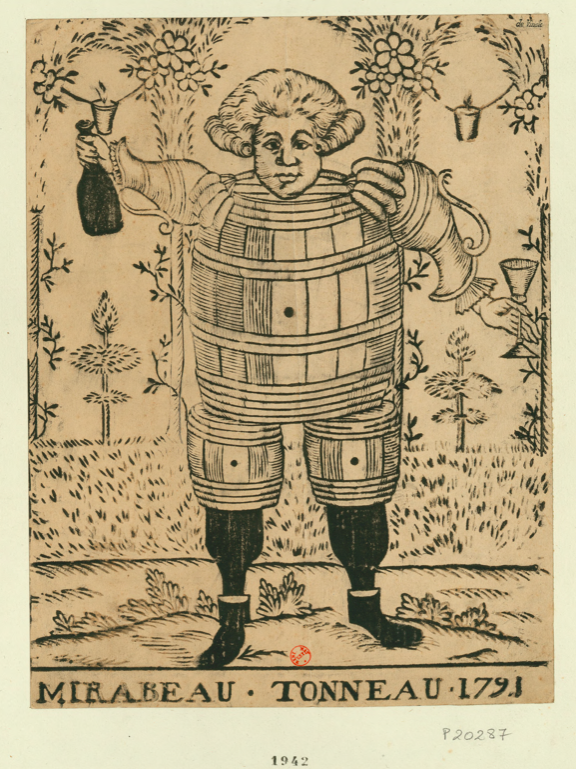How the French Revolution Was a Turning Point in French Wine
It’s very unlikely that Marie Antoinette told the French peasantry to eat cake when the grain crop failed in 1789 and left them without bread. But the revolutionaries who later toppled her and King Louis XVI were determined to provide France’s citizens with more than bread: ample supplies of affordable, good-quality wine. In doing so, they laid the foundations for the place of wine in French culture for years to come.
Before the revolution, wine came in two broad kinds. The aristocracy and well-off drank the fine wines from regions such as Bordeaux and Burgundy, as well as from places like Cyprus, Greece, and Spain. But the masses drank poor-quality, locally made wines—not because they wanted to “drink local,” but because shipping wine any distance added considerably to its price.
The governments of the French Revolution aimed to improve the lot of French citizens and eliminate the invidious distinctions that divided people by status. Nobility was abolished; titles such as Sieur went out of fashion, and everyone was called Citizen; expensive fabrics such as silk and lace gave way to sensible cotton and linen; the refined white bread of the elites was replaced by the brown bread of the people.

And so it was with wine. The authorities ordered the confiscation of the expansive and expensive cellars of the rich, which were to be sold to benefit the people as whole. They put in place measures to improve the overall quality of wine. Awards were given to vineyards kept in good order and for sound, hygienic winemaking practices. Innovations in winemaking were also encouraged; it was during the revolution that Jean-Antoine Chaptal experimented with adding sugar to grape juice before fermentation to boost the alcohol level in wine. The process, now known as chaptalization, is widely used today.
Winemakers bringing wine to sell at fairs during the French Revolution were warned that if their wine was substandard, they would be punished. A striking 1793 case showed what might happen to purveyors of bad wine. A tinsmith in Burgundy who provided room and board to volunteers in the French army served them wine that tasted so bad they refused to drink it. Official tasters were called in, and they decided the wine was harmful to health. The tinsmith was taken to Paris and tried before the same court that had convicted MarieAntoinette. Like her, he was condemned to death, but for endangering the health of French soldiers and therefore aiding the enemy. Serving bad wine was as treasonous as the crimes of Marie Antoinette.
That was an extreme case, but it illustrates the importance the authorities attached to wine. It was considered a basic right for the French to have reliable supplies of good-quality wine at an affordable price. To achieve that, the price of wine was dramatically lowered in 1791, when all sales taxes were removed. Up to that time, taxes accounted for up to a third of the cost, so this move not only enabled people to drink more wine, but it also enabled more people—the poorer classes—to drink wine.


Finally, the revolution put an end to the role of the French church in wine production. For centuries before the revolution, monasteries, cathedrals, and other church entities were major producers of wine (and beer, in northern France). In 1790 all church lands, including vineyards, wineries, and winemaking equipment, were confiscated and auctioned off, mostly to middle-class entrepreneurs. It transformed the ownership of wine production in France for ever.
The French Revolution thus put in place the infrastructure of the modern French wine industry and cemented the place of wine in French culture. The church would play no role, and the state would regulate quality. Wine would be available to the masses at a reasonable price. And wine became emblematic of France. Rather than dividing people, as fine and poor-quality wines had, wine would be a shared benefit, bestowed on all French citizens by the revolution.
Needless to say, different quality levels reemerged when the French Revolution and its policies ended. But enough of the revolution’s reforms remained for us to see how important it was in the making of French wine.




